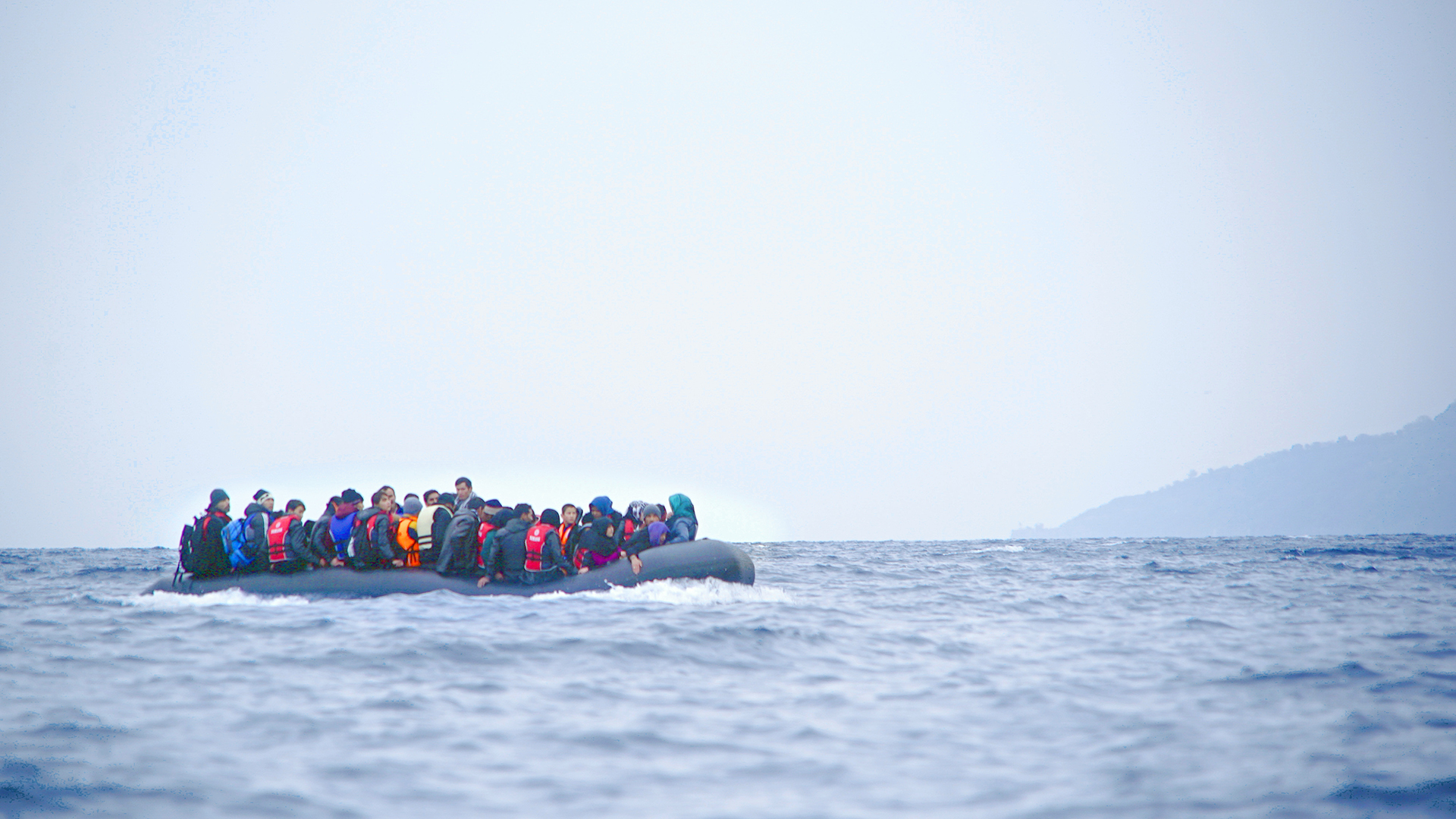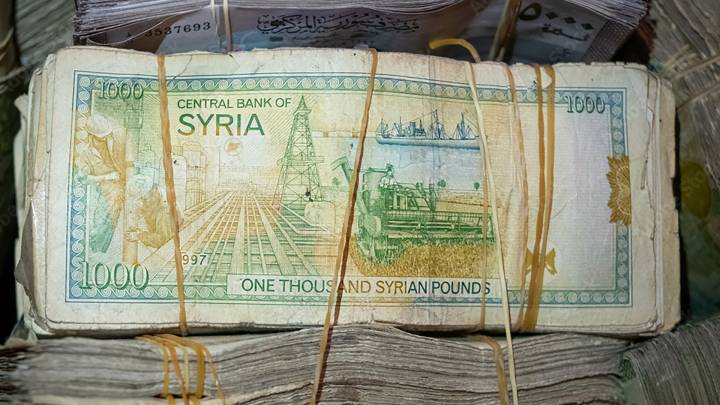Tunisian society has become more accepting of clandestine emigration and no longer regards it as a taboo, underestimating the risks of crossing the Mediterranean.
Due to its proximity to Europe, Tunisia is rapidly turning into an important migration hub in North Africa. Many sub-Saharan Africans and Middle Eastern immigrants transit through the country in their dangerous journey to Europe. However, Tunisia is not only a popular transit country for illegal immigrants, but also the country of origin of many of them.
“Harqa” is a term locally used by Tunisians to refer to illegal immigration, literally translates into “the burning” and refers to the figurative “burning” of borders and crossing illegally into Europe. Certainly, illegal immigration to Europe or “Harqa” is not a new phenomenon in Tunisian society, as it has existed since the 1990s.
Yet, it has witnessed a drastic increase in the last few years as a result of the deteriorating economic situation, the high unemployment and the fragile political situation in the country. Many Tunisians see emigration as a possible way out and thousands of them are making the risky journey across the Mediterranean Sea, aspiring for a better life.
Tunisia’s worst financial crisis
After the optimism of the Arab spring, almost 12 years after the uprising, Tunisians are facing a harsh reality: Job creation has slowed down and the unemployment rate is at 15,3% (it is believed to be much higher among the youth). The current inflation rate of 9,2%, is the highest since 1986 when Tunisia went through a stifling financial crisis, during which the inflation rate reached 12%. The budget difficulties of the state have exacerbated the situation further and have caused shortages in many basic products such as oil, sugar, flour, milk, and butter, leading to a rise in prices and affecting Tunisians’ purchasing power and their patience and hope that the situation will improve.
According to a report published by the World Bank from October 2022), Tunisia's economy has lost decade of growth, resulting in a decline of the GDP growth to 1.7% on average between 2011 and 2019, and the country’s public debt grew to 84,5% in 2021 from 40.7 percent of GDP in 2010. No wonder that more than 2 million Tunisians live in poverty.
Unfortunately, the efforts to rescue the economy, which was hit by the Covid-19 pandemic and the war in Ukraine, seem so far ineffective. Indeed, the global pandemic and the annexation of Ukraine have created even more socio-economic challenges for Tunisia that did not recover yet from past crisis.
Clandestine emigration
As in times of crisis people tend to run from their reality and migrate searching for a better life and a safer future, Tunisians are no exception, migration attempts are intensifying, whether legal or illegal. The “safer” routes for Tunisians to emigrate to Europe are vanishing, as Serbia, one of the main illegal immigration routes for Tunisians, has reintroduced visas for Tunisian citizens after mounting pressure from the EU. France, the most popular destination for Tunisian immigrants, dropped the visas given to Tunisians by 30 % due to disagreements on migratory issues with the Tunisian government. That being the case, tens of thousands of Tunisians have chosen riskier routes to leave the country and embarked from the shores in an attempt to reach Europe.
While it’s hard to quantify the exact numbers of illegal immigrants, due to their unofficial status, some organizations provide estimations of these numbers. About 16,292 Tunisians reached Italy this year, an increase of 45 % compared to 2020 according to statistics published by the Tunisian Forum for Economic and Social Rights (FTDES). The Tunisian National Guard prevented more than 29,000 illegal immigrants (Tunisians and other nationalities) from reaching Italy, according to the Tunisian authorities. Many others have lost their lives on this risky journey, while the exact numbers of deaths are hard to come by, FTDES announced that about 544 drowned off the Tunisian coast in the first ten months of 2022.
Whilst clandestine migration is not a new trend in the country, its pattern has definitely changed recently. As a matter of fact, unemployment is no longer the sole reason for illegal immigration, there are several factors and layers that influence such a decision, among which are the deteriorating economic situation, the political instability, the loss of hope, the false image created by parts of the diaspora, and for some families the deteriorating education curriculum and the inability to see a future for their children.
Until very recently, most illegal immigrants from Tunisia were unemployed young men between the age of 18 and 35, however, in the last 1-2 years, a growing number of men aged over 35, women, children, and even families are taking the perilous journey to Europe. About 3,450 minors and 828 women reached the Italian shores this year, according to FTDES.
Besides unemployed youth, some state employees, students, workers, and young professionals have left the country, in an alarming trend that reflects the despair of Tunisians and the sad reality of the country. All of this shows that Tunisian society has become more accepting of clandestine immigration and no longer regards it as a shameful illegal act or a taboo.
It is not surprising, that some families encourage their male members to take the risk of traversing on a boat to Europe regarding this choice as the only hope for a better life. They would spend the family’s savings or sell valuable private goods (often the mother's gold or an inherited piece of land) to finance their sons' journey and to help themsettle in Europe.
Not only the social status, class, gender, and the age category of illegal immigrants have witnessed a change in recent years, but also its methods. Instead of relying on human smugglers, some Tunisians are relying on themselves to cross the Mediterranean on their own. The group of “Haraqa” purchase a small boat and equipment and prepare themselves for the journey. This new method emerged to counter the exorbitant prices smugglers demand and to avoid the risky overcrowded boats.
Social media stories
Videos and photos of people crossing the Mediterranean Sea to Italy or Malta are being posted almost every day on social media. Many people document their journey to Europe and advertise it on Facebook, while local media reports shows families embarking on boats to cross the sea. This phenomenon receives even bigger media attention locally if a known athlete, or influencer leaves the country and posts his or her journey on the “death boat” on social media. The stories of the successful sea crossing to Europe and the updates of the new life inspire others to make the dangerous crossing and gives them hope of a better life elsewhere.
The country’s political elite and civil society organizations have managed to avoid a Libyan or Yemeni scenario in post-revolution Tunisia and have more or less prevented democracy from turning into a dictatorship or a military regime, as in Egypt. Nevertheless, they seem to have failed to cope with the deep socio-economic crisis or establish effective governance mechanisms. As the country is suffocating from its stifling economic crisis, Kais Saied, Tunisia’s President, turned toward the International Economic Fund (IMF) for a $1.9 billion loan, that might help ease Tunisia’s economic crisis. However, the loan still has to be approved by the IMF Executive board in December. The country’s future hangs in the balance, and Tunisians have lost hope in the political system. It remains to be seen whether the IMF loan will restore their optimism and appease their discontent.




